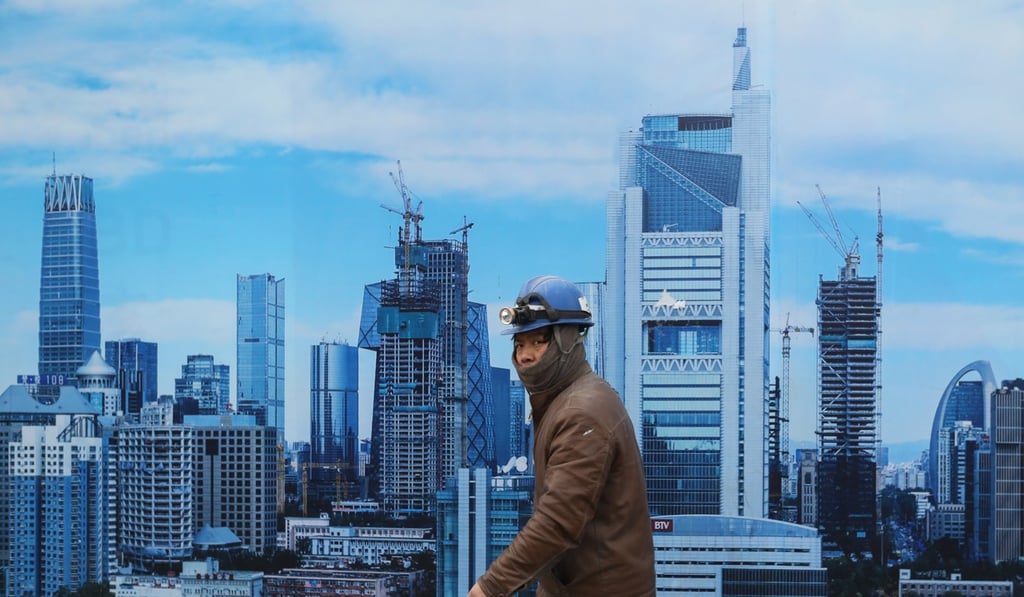Opinion | Why China’s housing market bubble won’t burst any time soon
- Some analysts are predicting the economy will implode, but the country’s economic and social model and its ongoing urbanisation drive make a home price collapse unlikely

It’s fair to say China is facing a property market bubble in the sense that housing prices are far beyond people’s affordability. The price-to-income ratio in cities like Beijing and Shanghai is around 23, meaning the average household would have to work for more than two decades, without spending, to buy a home. In Tokyo and New York, that ratio is much lower at about 13.
Some analysts are even predicting the Chinese economy will implode, including a collapse in housing prices, with or without external challenges such as the trade war with the United States.
But actually, there is little chance that the housing bubble will burst given China’s special economic and social model.

For ordinary Chinese, buying property is a hedge against currency devaluation from credit expansion. When China started its opening and reform in 1978, the balance of M2, the broadest measure of money supply, was only 116 billion yuan. By the end of last year, M2 had reached 180 trillion yuan (US$26.6 trillion) – more than 1,500 times the money supply 40 years ago.
That’s why Chinese have been eager to buy property since the housing marketisation of the late 1990s, and especially after 2008, when the government introduced a huge stimulus plan to boost the slowing economy.
